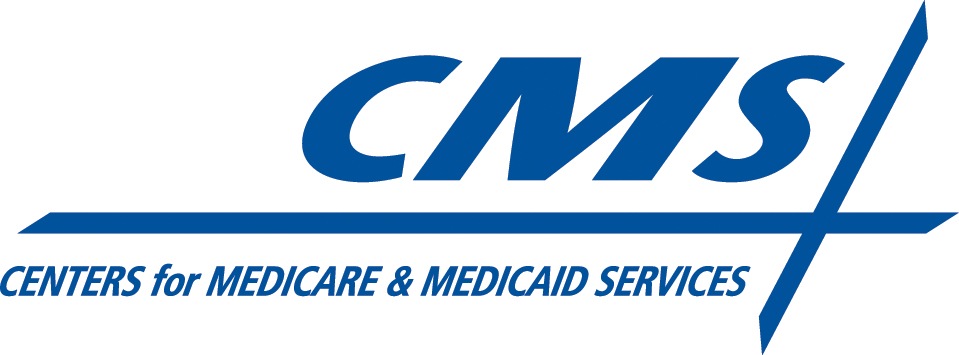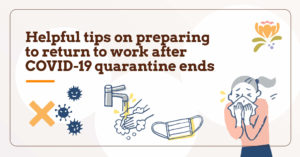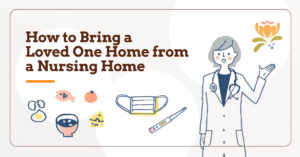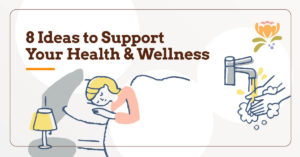Medicare open enrollment has begun! If you are a Connecticut senior who is new to Medicare or an adult child of a senior helping them through this process for the first time, the options can be overwhelming. We thought it would make it a little easier if we shared answers to some of the most commonly asked questions about Medicare Open Enrollment.
Q: What are the dates for Medicare Open Enrollment for 2015 benefits?
A: The Medicare Open Enrollment period is the same from year to year. It begins on October 15th and ends on December 7th.
Q: What are Medicare Advantage Plans?
A: Medicare Advantage Plans fall under Part C of a senior’s Medicare benefit. They are plans are offered by private insurance companies who contract with Medicare to provide services.
Q: If my dad is happy with his current plan why do I need to help him conduct a review?
A: At a minimum, you should review the providers he currently uses to be sure they will be participating in Medicare or the Medicare Advantage Plan he may have elected again next year. This is especially true for physicians and smaller provider groups.
Q: If I don’t want to make any changes for 2015 what do I need to do?
A: If you have reviewed your options and want coverage to remain the same, you won’t need to do anything. Your coverage will remain the same from year to year unless you tell Medicare differently.
Q: What services does each part of Medicare cover?
A: This is a common question for adult children and seniors new to Medicare. Here’s what each covers:
- Medicare Part A covers inpatient hospital care, short-term skilled nursing and rehab center care, hospice, and skilled home health services.
- Medicare Part B coverage includes physician office visits, outpatient rehab, some durable medical equipment and supplies, preventative screenings, and emergency ambulance services.
- Medicare Part D is the prescription medication benefit.
Q: If I make changes during Medicare Open Enrollment, when will they take effect?
A: Any changes you make during the 2014 open enrollment period they will go in to effect on January 1, 2015.
Medicare & You is a comprehensive guide you can download or order online. It covers everything from 2015 co-pay amounts to home health care eligibility.






